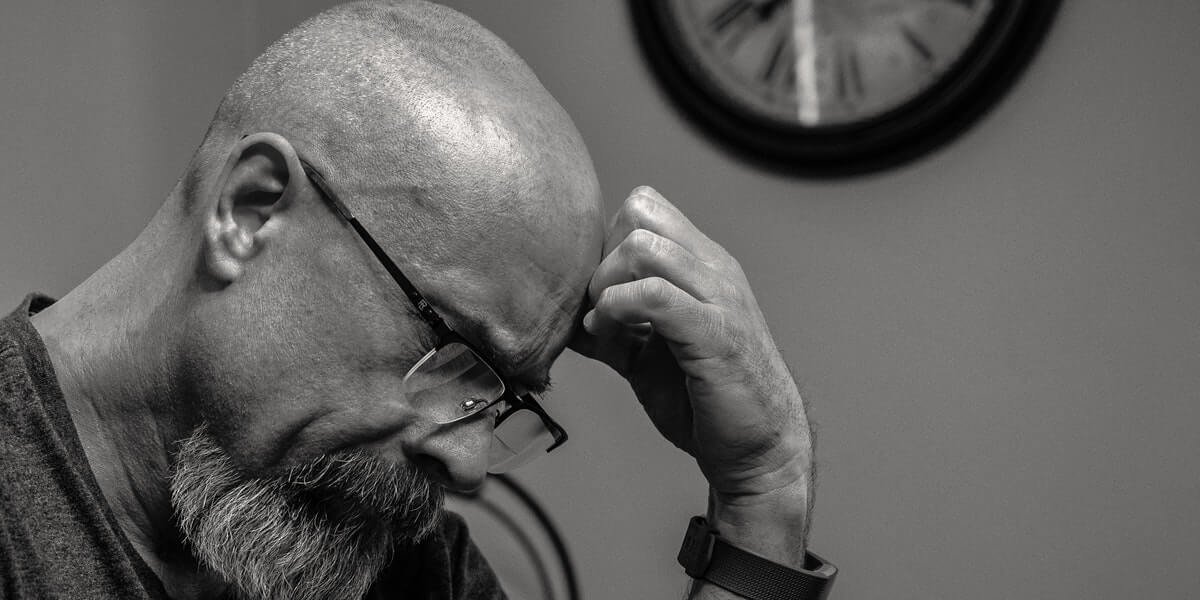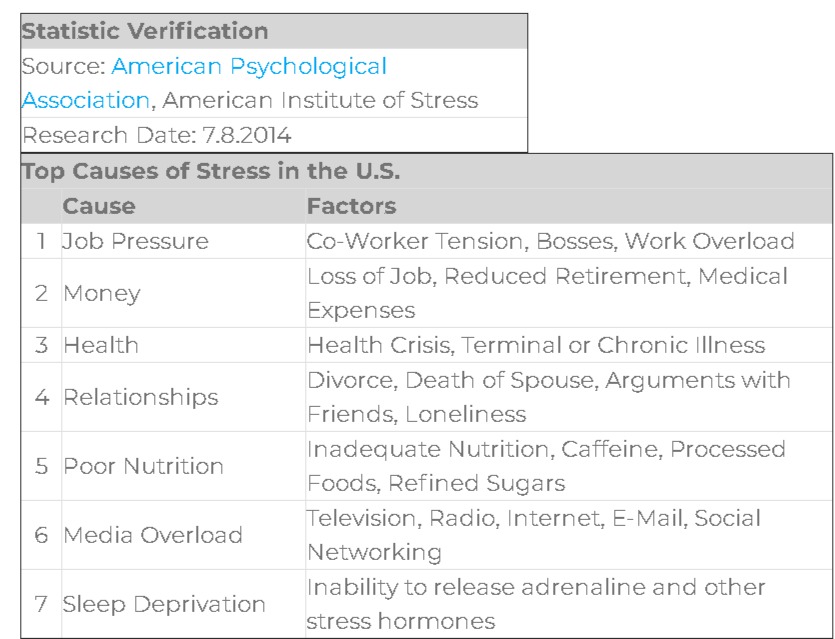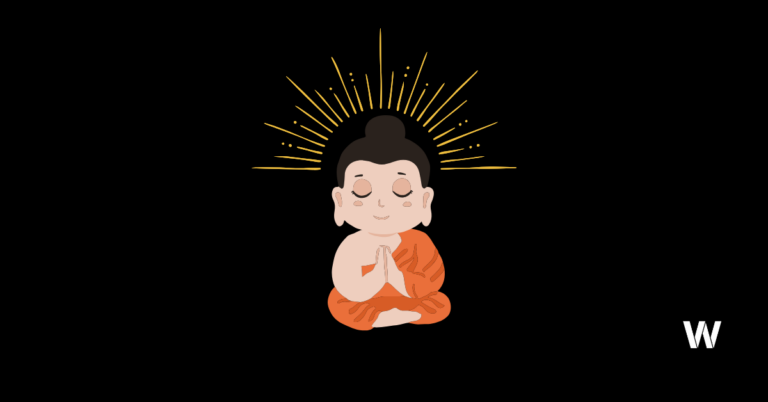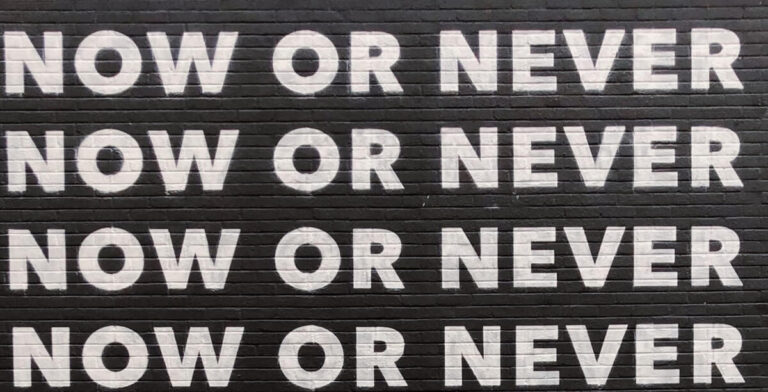5 Ways to Practice Mindfulness, Reduce Anxiety, and Stress
By Warren Wong
Do you ever feel like you’re zooming by life, on autopilot? Don’t you wish that you can do what they preach, “live in the moment”? Today we’re going over 5 simple ways for you to practice mindfulness, so you can start taking control of your day.
The practice of mindfulness can do wonders for your mental state which can translate to better performance, well-being, and quality of life.

40 million adults in the United States age 18 and older, or 18.1% of the population every year are affected by anxiety disorders. Although I can’t say that I am surprised, I am worried.
And if you’re a statistics junkie. Check this out.
No wonder millions of people are beginning to incorporate mindfulness into their daily lives.
There are many ways to practice mindfulness, but I have found these 5 to be particularly helpful and able to reduce anxiety and stress.
What is mindfulness?
Mindfulness is the mind being fully engaged with the present moment. It is when you aren’t distracted by your surroundings are fully immersed in what you have in front of you. You may know it as, “living in the moment”, “being present” or even in the “Now”.
Everyone has their own ways to practice mindfulness, but the following are my own ways that have tremendously helped me reduce my anxiety.
1. Spend time with family
According to a recent survey Americans are only spending 37 minutes of “quality time” as a family on weekdays. That’s absurdly low when people often cite that they value family as one of the most important parts of their lives.
Our family can be a powerful source of physical and emotional support. With our busy lives, even a short phone call back home or having a chat with a sibling or your parents can help reduce stress. At the very least, you can have an open ear to your troubles with work.
Consider this as one of the ways to practice mindfulness throughout your day. If you find yourself overwhelmed or anxious, schedule family time.
2. Practice of Meditation
According to a study conducted by Science Direct, you can increase your attention span in just 4 days. I know I’m guilty of the glorified power of multi-tasking. The American Psychological Association found that the act of multi-tasking, or switching between tasks, especially complex ones, hurt productivity, not increase it.
Oftentimes, we switch around tasks, not because we think we are more productive, but because we lack the attention span. With the invention of social media and the smartphone, we are surrounded with digital noise. We can’t sit down and read a book, we want the television playing in the background, and we have to check on a notification on our phones right away.
I know I’m not the only one guilty of this. The practice of meditation can help reduce anxiety and stress. When I find myself stressed out, which is often, I find a quiet place to sit down and meditate. It doesn’t have to be 30 minutes. It can just be 5 minutes.
The deep breathing and the focus on emptying your mind will reset your brain and give you a boost of energy. I know we can all use some of that right after lunch on a workday.
Additionally, if you’re a tech savvy person, and like apps, then I recommend Insight Timer which includes tons of free guided meditations, plus it has a neat feature where you know others are meditating at the same time as you.
3. Start a journal

I’ve been journaling for many years. I carry one whenever I am traveling, as well as one I use daily at home.
The act of journal serves 2 purposes. It provides a way to process my thoughts and also to empty my mind.
By writing things down it helps to relieve my anxiety and stress. For me, it’s therapeutic. I’m not going to go over all the benefits of journaling, but you can find 83 benefits of journaling here.
This is one of my favorite ways to practice mindfulness. It’s affordable and does the job.
4. Snapping photos
This one is unique. I started this habit last year, where I take pictures of things I like and post them on social media. Usually it’s during a walk outside. I’ll see flowers, clouds, and trees. At home, I will snap pictures of my morning cup of joe or the books I’m reading.
Related post: How To Be More Grateful
This serves two purposes. It is one of the cheapest ways to practice mindfulness and remind me to appreciate the moment and be fully present.
If you’re interested, you can check out my Instagram and Twitter. Use the hashtag #dailygratitude.
5. Go on a digital detox
Apparently, UK adults spend an average of 8 hours 41 minutes a day on screens (more time than they are asleep). There’s something wrong with that. Technology is wonderful, but it has tons of negatives as well.
In order to practice mindfulness in this digital age, I recommend a digital detox.
A digital detox is an opportunity to reduce stress and outside influences, by spending time away from electronics. Setting a day in the week where you are away from your phone and computer can do wonders for your mental health by reducing anxiety and stress. Normally, I choose Sundays since it is a non-work day.
Now I know that it may be impractical for most, with your can’t miss phone calls and fear of missing out (FOMO), so you can limit it to just phone calls.
You can also use the do not disturb mode, or airplane mode to block off time throughout your days as well.
Conclusion
As cliche as it sounds, we only have one life to live. In order to truly live and to make the most of it, we want to be present in the moment. To do this, we need to practice mindfulness. These 5 ways to practice mindfulness are my own. I’ve found them to both help reduce my anxiety and stress during times of crisis, and the occasional mind meltdown.
Question to you
What are your own ways to practice mindfulness? What do you do to reduce anxiety and stress?
If you enjoyed this article, please make sure to sign up for my weekly newsletter, where I send you my best and latest content. Also included is behind the scenes content and upcoming projects I’m working on.
If you’re looking for more resources on mindfulness I highly recommend Zen Habits. They have some of the best content on the interwebs on the practice of mindfulness.
Another personal favorite of mine is the book The Power of Now by Eckhart Tolle. This book is an easy read, but has powerful concepts that take time to understand. I’ve read it multiple times, and each time brings new insights.






